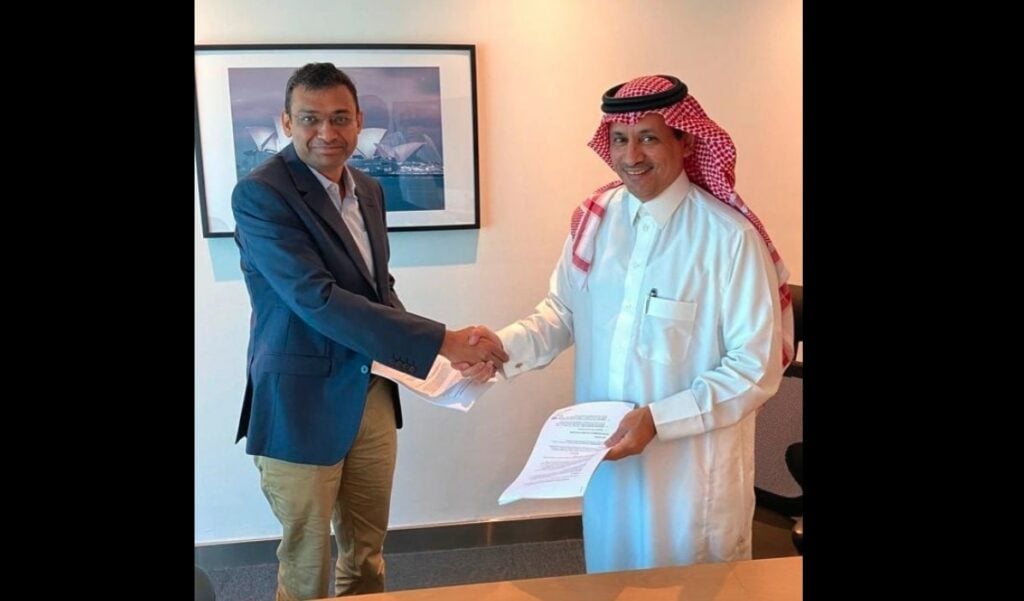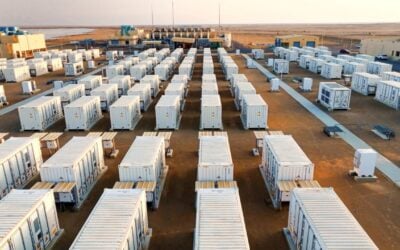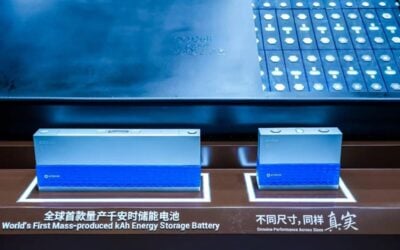
Riyadh-based Tdafoq Energy will distribute Indian firm Delectrik Systems’ vanadium redox flow battery products in Gulf Cooperation Council (GCC) markets and set up a manufacturing facility in Saudi Arabia.
Tdafoq has entered into a distribution and manufacturing license agreement with Gurgaon-based Delectrik Systems to exclusively sell the latter’s vanadium redox flow batteries (VRFBs) in Bahrain, Kuwait, Oman, Qatar, Saudi Arabia and UAE. The six countries make up the GCC.
Enjoy 12 months of exclusive analysis
- Regular insight and analysis of the industry’s biggest developments
- In-depth interviews with the industry’s leading figures
- Annual digital subscription to the PV Tech Power journal
- Discounts on Solar Media’s portfolio of events, in-person and virtual
Tdafoq is also starting the development of a flow battery manufacturing plant to serve the region, with a GWh capacity targeted by 2025. The project aims to support the Kingdom of Saudi Arabia’s Vision 2030 economic diversification objectives, as it aims to move away from reliance on oil and modernise the economy.
Delectrik, founded in 2016, manufactures its VRFBs from its facility in India with three different products. The RFB10, RFB40 and RFB200 have capacities of 10kWh, 40kWh and 200kWh, respectively. The RFB40 has a four-hour duration while the RFB200 has a five-hour duration, according to a datasheet on Tdafoq’s website.
Delectrik said the VRFBs are designed for use in the residential, commercial and industrial (C&I) and grid-scale sectors. Tdafoq was founded last year and only lists Delectrik’s products on its website.
VRFB firms like Invinity, CellCube and others’ main challenge is ramping up their own supply chains to meet demand. Announced project sizes outside of China are still in the low double-digit MWh at the very most, and so new manufacturing facilities of any size will help move the needle.
While GCC-based investment firms like Fotowatio Renewable Ventures and Masdar are very active in energy storage markets elsewhere, the region’s own sector is fairly nascent. However, what is likely the world’s largest off-grid battery energy storage system (BESS) is being delivered by Huawei for a resort project off the coast of Saudi Arabia, a 1,200-1,300MWh system, which achieved financial close earlier this year.






